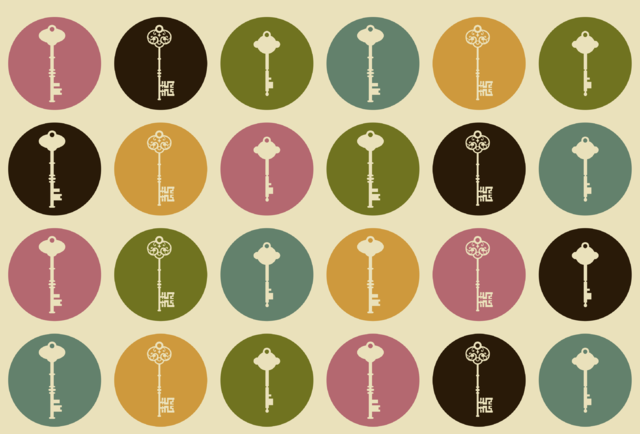
Choosing keywords
When students visit the Thammasat University Libraries, they may have difficulties using search engines for research purposes. The TU library staff can help them by giving useful advice. For example:
Think for a moment what kind of information you really want.
Write your research topic in one or two sentences. Try to put it in the form of a question.
Try to write about your research subject with as few words as possible.
Many of the words you will use should be good keywords.
Words that you leave out are probably not so important to your research.
Students may not be interested to know about the details of why keywords word with search engines. Many are not computer science specialists and have no time to worry about why keywords work in search engines. If students ask what a keyword is or what it is meant to do, we can answer:
A keyword is a shortcut summing up a whole webpage or article.
If they still do not understand, we can inform the students that
A keyword helps search engines to find pages that may match what we are looking for.
If they still seem confused, we can say:
Don’t worry about it. Why a keyword works is not so important. It is more useful to know how to choose good ones.
At this point, students should realize that the real challenge is to decide what keywords to put into the search engine to find information about their research topic. We can look at the sentence or two that the student wrote at our suggestion. We can then ask the student to
Underline or highlight the most important two, three, or four words in what you have written. You have just pointed out your key concepts or ideas.
Once they have some key concepts, they can think for a moment of other words with similar meanings. These will be the keywords that the student will work with. To help students find words with similar meanings, it can help to inform them that reference works are available that group words together according to similar meanings. These reference works are called thesauruses, although the word thesaurus is not necessary to remember. The word thesaurus derives from a Greek term meaning storehouse or treasure. So we can think of a thesaurus as a storehouse or treasury of words. Among the websites where they can find words with similar meanings are Thesaurus.com. There are also thesaurus pages on standard dictionary websites such as Merriam-Webster. We may think of a research question at random:
Does the success of Thai badminton players encourage physical fitness among young students in Thailand?
The key concepts and keywords in this research may be identified as follows:
students
Thailand
badminton
exercise
fitness
sports
To see how well these keywords will work in the search engine, we should go to the TU Libraries homepage and use the Onesearch device. We should encourage the students to put their keywords into the search form, with each word separated by the capitalized word AND – so instead of
students
Thailand
badminton
exercise
fitness
sports
they should write:
students AND Thailand AND badminton AND exercise AND fitness AND sports
It is better not to put long sentences or full titles of research projects into search engines, as they will usually include words that are not helpful in locating relevant research. The results should include articles about physical fitness of students, not necessarily in Thailand, if there is not much research available on this subject in English publications. But these articles can provide our students with some interesting points of comparison and ideas about how to pursue their own research with similar topics. If the student is not happy with the results of the keyword search, we may try to search with other combinations of keywords. If too many books and articles are located in a search, then we may add further keywords to make the subject more focused and specialized. If there are not enough results, we may try to use more generalized and less specific terms. When choosing keywords, it can also help to look at keywords in publications by TU ajarns or other specialists in the field. Since students will be researching the same or similar fields of study, they can get ideas about what keywords to choose for their own topics. Students may wish to save articles that they are interested in, to look at for more careful study later.

(All images courtesy of Wikimedia Commons)
